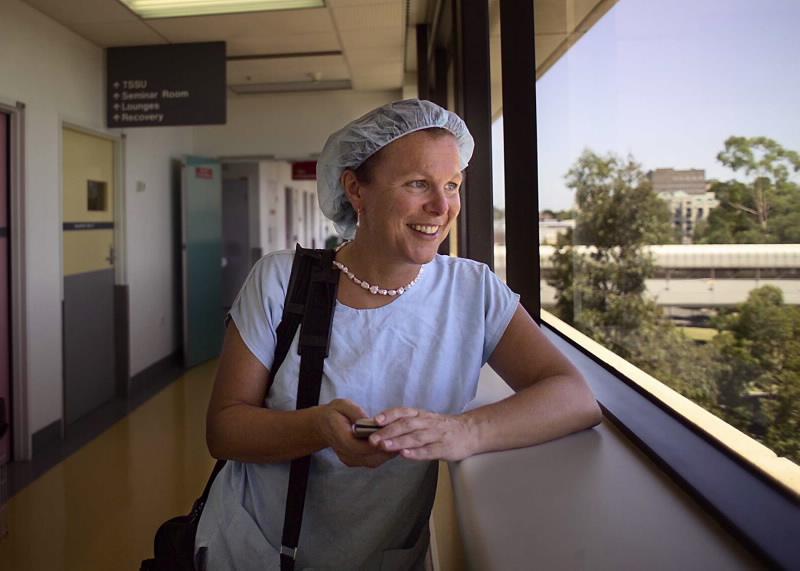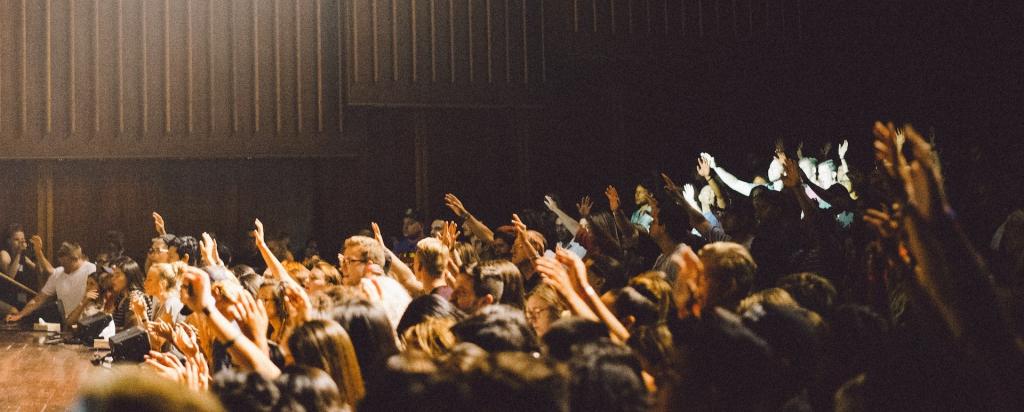

Published on the 30th October 2014 by ANSTO Staff

Professor Fiona Wood
We are living in a time where science and technology are advancing at an ever increasing rate. Harnessing the power of that science and technology into clinical practice is an ever increasing challenge.
The exponential growth in science and technology is awe inspiring. It certainly holds promise to improve the quality of life from health to the environment. However it is worth noting that the exponential growth is possible in controlled systems where experiments can be designed to investigate a single variable.
Clinical medicine is a fusion of experience and knowledge delivered to improve the life of an individual. However, the challenges we face relate not only to the individual and the health system, but to the whole community.
Understanding the drivers to health and wellness and the decisions made individually and collectively underpin the opportunities for improvement in health care.
Winthrop Professor Fiona Wood spoke on the challenges we face relating not only to the individual and the health system, but to the whole community.
This was part of our Distinguished Lecture series which features leading thinkers in the fields of science and technology from around the world talking about problems of today.
Date: 4 November
Time: 11am (morning tea at 10.30am)
Time: 11am (morning tea at 10.30am)
About the speaker
Winthrop Professor Fiona Wood is a Plastic & Reconstructive Surgeon specialising in the field of burn care, trauma and scar reconstruction. Fiona is the Director of the WA Burns Service of Western Australia and a Consultant Plastic Surgeon at Princess Margaret Hospital and Royal Perth Hospital.
Her research as Chairperson through the Burn Injury Research Unit UWA and the Fiona Wood Foundation is focused on scarless healing.
In bringing basic science to the bedside the aim is to build a unique capacity to facilitate direct research collaborations between researchers and practitioners across basic science, clinical care and clinical outcomes.
The research includes all facets of burn care, from injury prevention to acute care on to long term outcomes undertaken in collaboration with the multidisciplinary burn care teams, is essential to provide a clear evidence-based practice.
Fiona has also been involved in a number of education and disaster response programmes associated with her interest in burns and has presented and published a variety of papers over the years.
In addition, she has been the recipient of the 2003 Australian Medical Association ‘Contribution to Medicine’ Award and an Order of Australia Medal for work with Bali bombing victims. Fiona was named West Australian of the Year for 2004, and was nominated as a National Living Treasure and Australian Citizen of the Year in 2004.
Fiona was again named West Australian of the Year for 2005, and received the honour of being named Australian of the Year in 2005.
Fiona and Marie Stoner, co-founders of Clinical Cell Culture, now Avitamedical, won the 2005 Clunies Ross Award for their contributions to Medical Science in Australia.